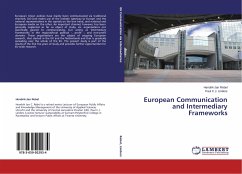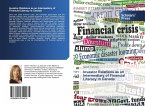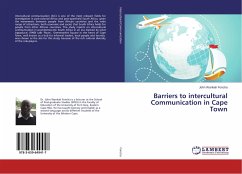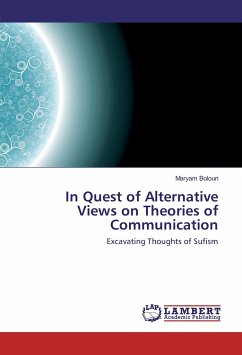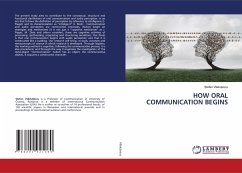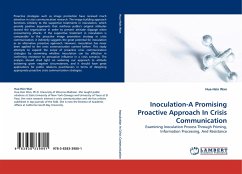European Union policies have mainly been communicated via traditional channels. DG-Com makes use of the website 'gateway to Europe' and the national representatives in the capitals on the one hand, and national and European media on the other. An important channel, however, has been generally neglected so far as object of study, viz. organisations not specifically geared to communicating, but acting as 'intermediary frameworks' in the regional/local political -, profit -, and non-profit domains. These organisations are the subject of ongoing European research, that started in the UK and the Netherlands and that is gradually spreading over the whole of the EU. The present study is part of the results of the first five years of study and provides further opportunities for EU-wide research.
Bitte wählen Sie Ihr Anliegen aus.
Rechnungen
Retourenschein anfordern
Bestellstatus
Storno

